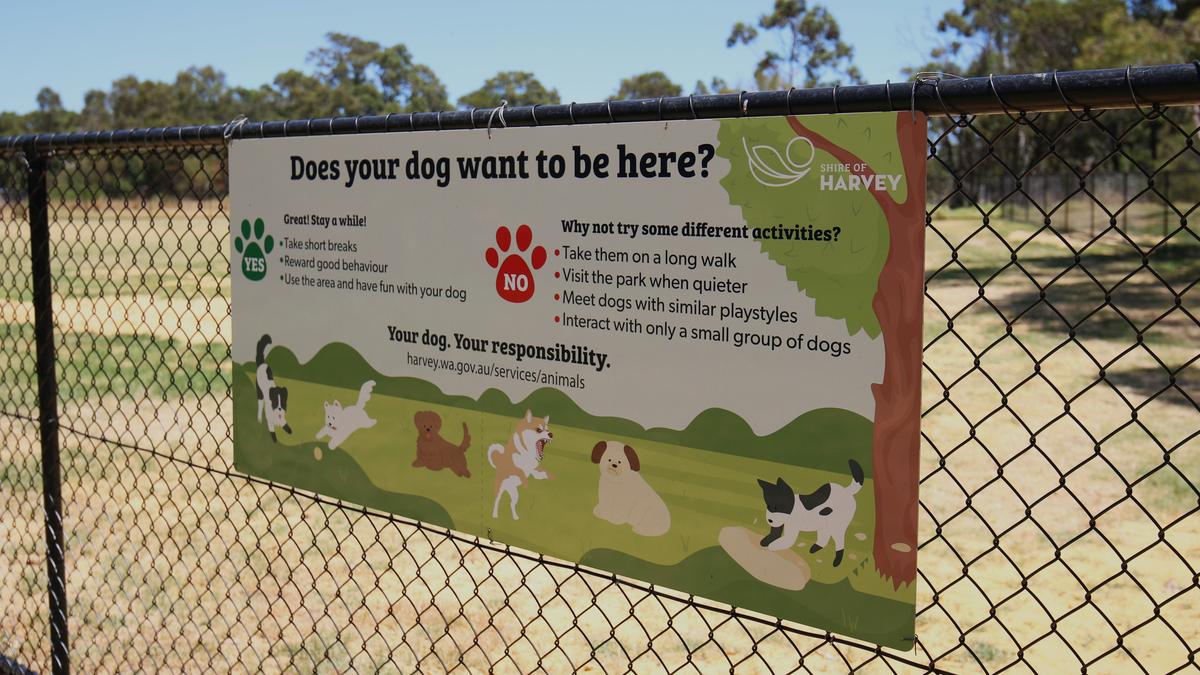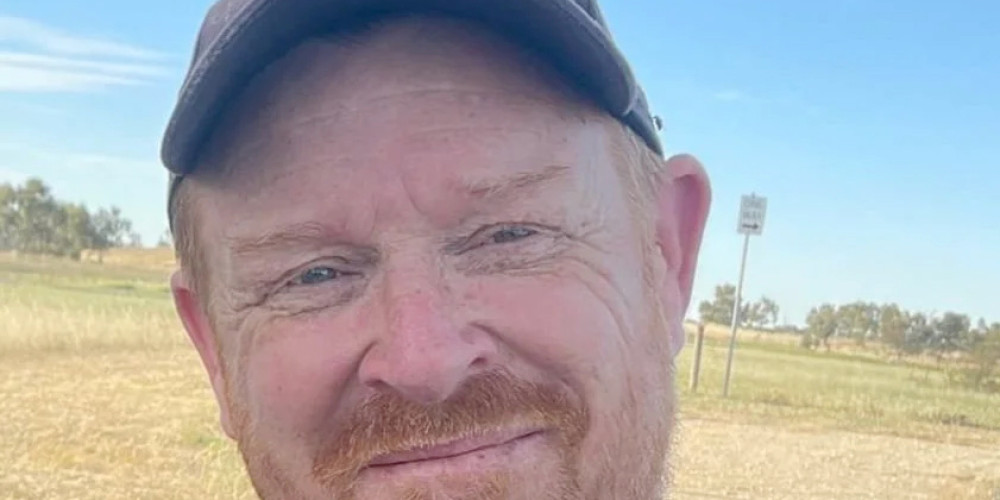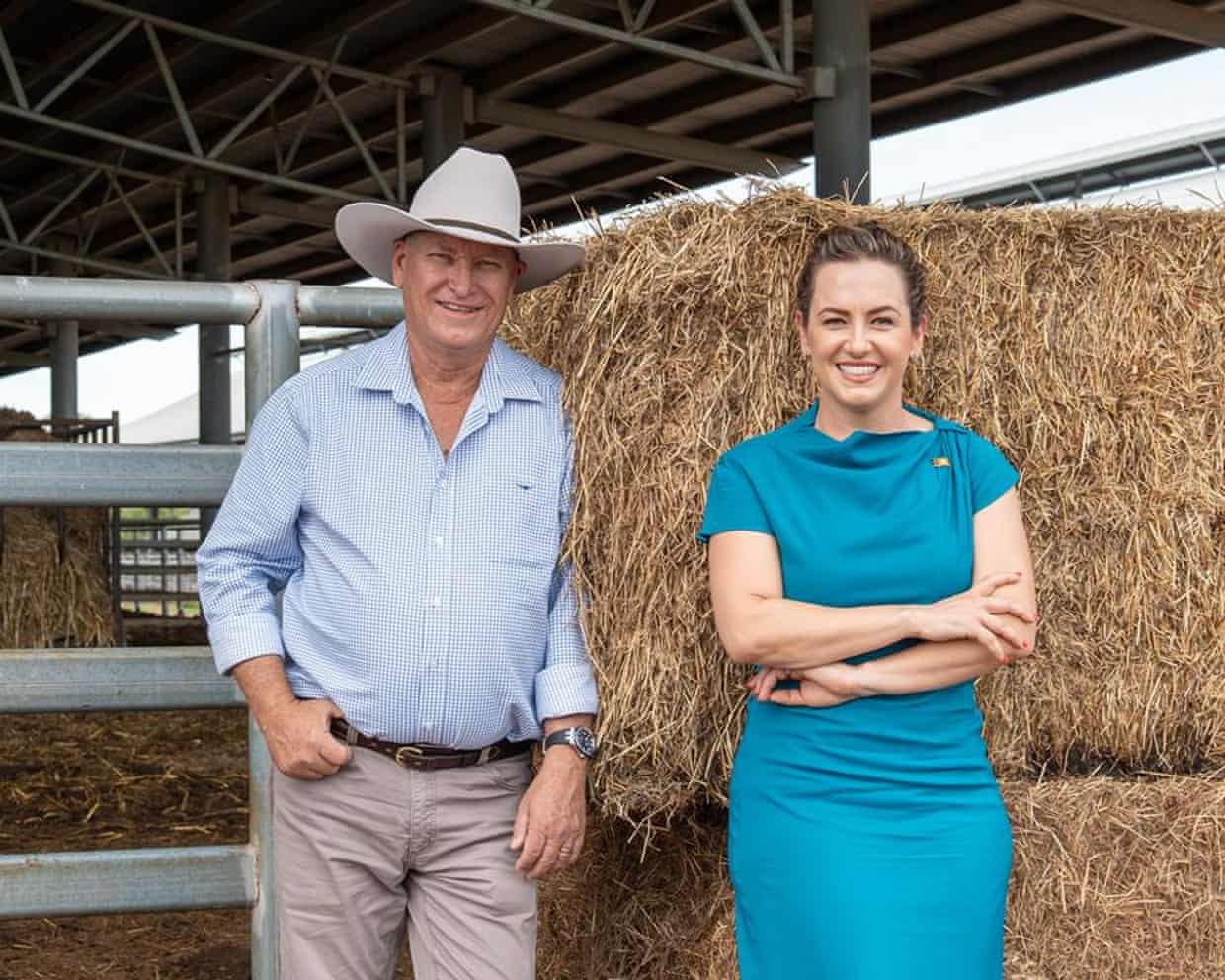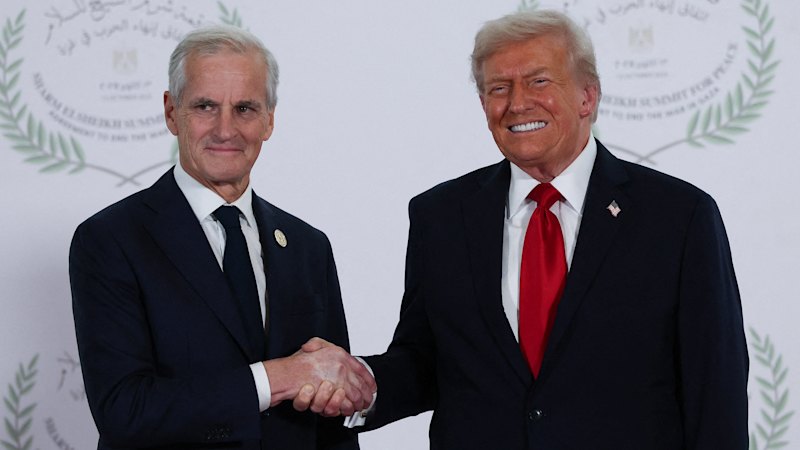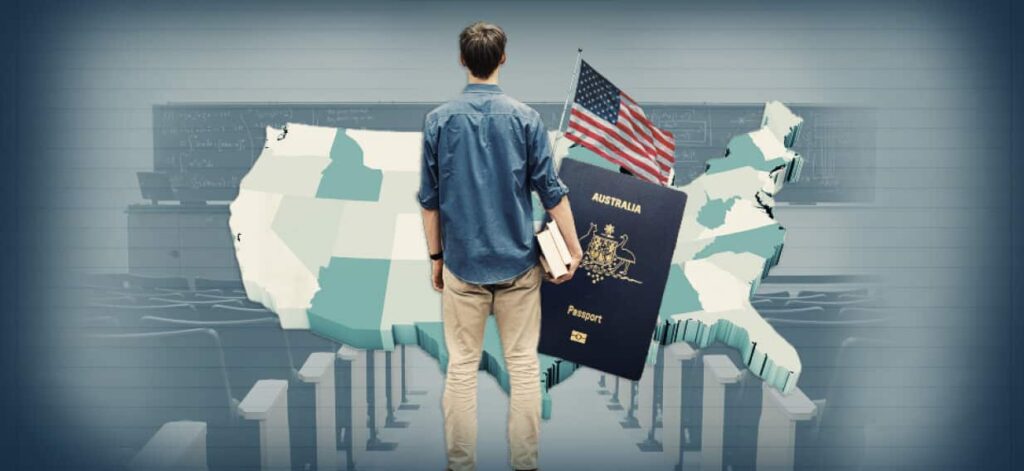
Australians hoping to work and study in the United States are encountering significant barriers following a recent announcement from the Centers for Disease Control and Prevention (CDC). The CDC declared it would not accept international applicants for its prestigious Epidemic Intelligence Service program for the class of 2026. This decision has left many aspiring professionals, including those like 32-year-old Isabelle, feeling disheartened and uncertain about their future opportunities.
Isabelle, who has long aspired to join the CDC’s program, viewed it as a chance to advance her career in public health. With a PhD completed this year and prior experience as a research collaborator at Ivy League Princeton University, she believed she stood a good chance of acceptance. However, the CDC’s announcement, which cited alignment with President Donald Trump’s Executive Order restricting the entry of foreign nationals, abruptly dashed her hopes.
“It was really disheartening,” Isabelle said. “Having finished my PhD this year, it really was the time for me to take that next step.” She attributes the block on international applicants to the current US administration’s stance on foreign workers, reflecting a broader trend of increasing political uncertainty that has hindered many Australians’ plans to study or work in the US.
The executive order, signed in June 2020, restricts entry for nationals from 19 countries due to perceived national security threats, although Australia is not specifically mentioned. During her time at Princeton, Isabelle witnessed the anxiety among international students as they were ordered to return home before Trump’s inauguration. “It has very much informed my plans for the future,” she said, expressing concern about pursuing the work she desires in the US.
The Trump administration’s immigration policies have been marked by aggressive enforcement measures, which have affected not only undocumented immigrants but also visa holders and permanent residents. Trump’s “America First” approach has fostered an environment where foreign workers are seen as competitors for jobs, despite their substantial contributions to the economy. A 2024 study from American University estimates that immigrant workers contribute approximately 8 percent of the US gross domestic product (GDP).
Stacey Tsui, a partner at Vialto Partners, which specializes in immigration for skilled workers, noted a marked increase in apprehension among Australians seeking opportunities in the US. “Many of the world’s largest companies are still based there,” Tsui stated, “and the opportunity to accelerate your skills in a market as big as the US is still a big drawcard for Aussies.” However, she observed that many are adjusting their expectations, viewing potential moves to the US as temporary rather than permanent.
The situation is similarly troubling for Gemma, who had long dreamed of studying at New York University (NYU). Scheduled to begin a double degree at NYU’s Tisch School of Performing Arts, she felt a wave of anxiety when news broke about the government’s restrictions on international student enrollment at prestigious institutions. In May, the Trump administration suspended visa interviews for international students, creating a backlog of applicants.
Faced with the uncertainty surrounding her visa application, Gemma received an offer to study musical theatre in London, which she ultimately accepted after consulting with the US consulate. “I feel honestly so disappointed,” she shared, lamenting the loss of her dream opportunity. Although she has deferred her place at NYU, she remains uncertain about her ability to attend in the future.
The Trump administration has intensified scrutiny on student visas, with reports of both revocations and extensive processing delays. In August, the US State Department revoked approximately 6,000 student visas, with a portion cited for reasons including overstaying or criminal offenses. The political climate has led to a significant decline in international students in the US, with data from the US National Travel and Tourism Office indicating a 19 percent drop in international visitors entering the country on student visas compared to the previous year.
Dr. John Hart, a former researcher in US government and politics at the Australian National University, noted that immigration officials have begun implementing measures previously unseen, including searching individuals’ phones for evidence of political beliefs. “Any student who is participating in any way at all in expression of political views that are contrary to those of the Trump administration are running a risk of being refused entry,” Hart explained. He added that this trend could have long-lasting consequences for the US’s reputation as a welcoming destination for international students.
Currently residing in Perth, Isabelle feels the weight of uncertainty as she considers her next steps. With the CDC program off the table, she has applied for a research grant in the US focused on health equity but worries that the political climate could jeopardize her prospects. “It just feels like anything I want to do is tarnished with uncertainty,” she expressed.
The challenges faced by Australians seeking opportunities in the US underscore the impact of shifting immigration policies and political sentiment. As many navigate this complex landscape, the future of international education and collaboration appears increasingly precarious.
